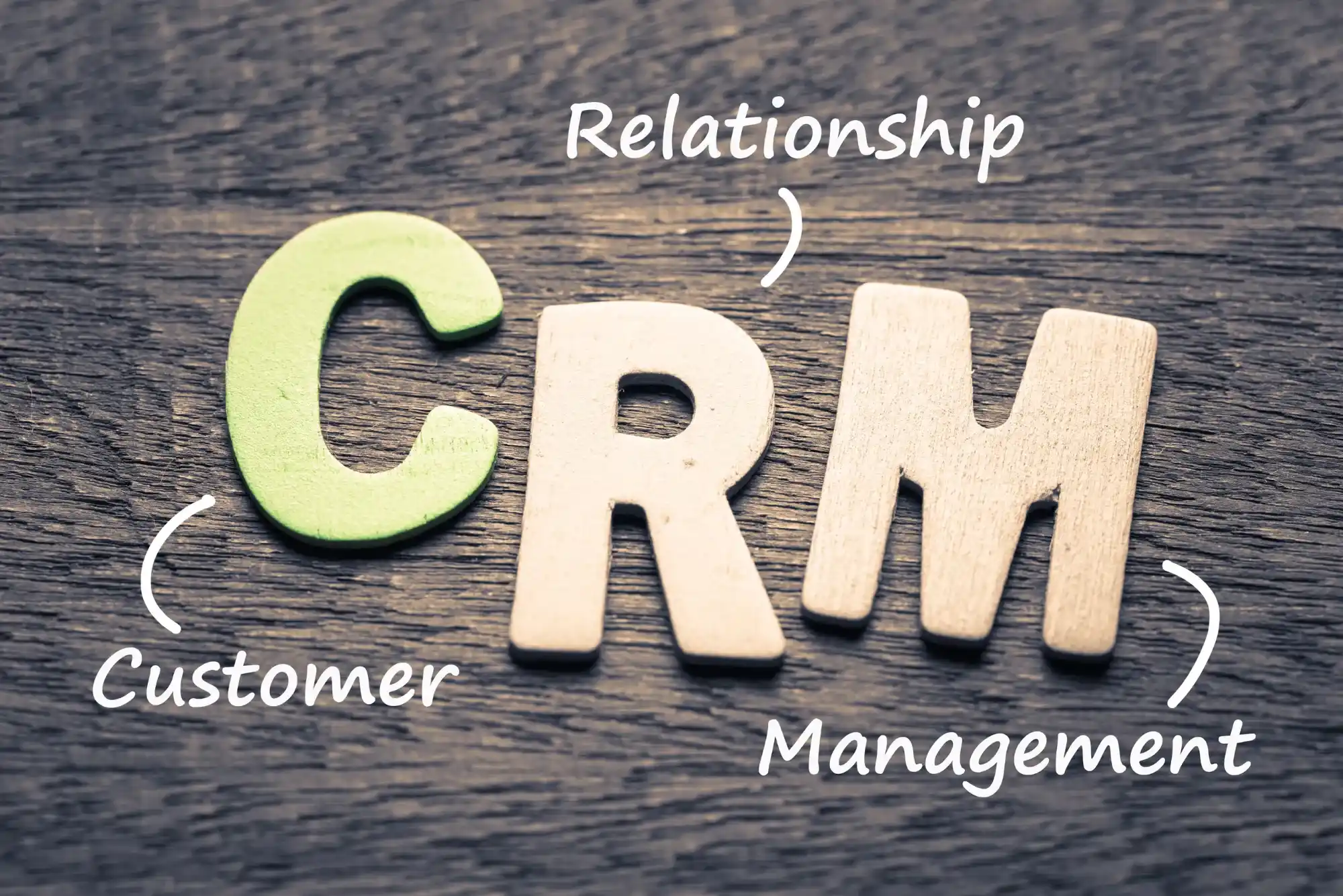Introduction
In today’s competitive accounting landscape, client relationship management (CRM) software is no longer optional — it’s essential. For bookkeeping professionals, the right CRM can transform client communication, streamline workflows, and ensure no task falls through the cracks. But with dozens of CRMs in the market, how do you choose the best one specifically tailored to bookkeeping services?
This guide explores the top CRM options for bookkeepers, what features to prioritize, and how an accounting CRM can boost your efficiency and client satisfaction.
Why Bookkeepers Need a CRM
Bookkeeping is a detail-heavy, deadline-driven service that requires ongoing communication with clients, timely document collection, and accurate record-keeping. A CRM purpose-built or customized for bookkeeping can help with:
-
Tracking client interactions
-
Automating appointment scheduling
-
Sending payment reminders
-
Managing document requests
-
Assigning recurring tasks
Without a CRM, these tasks are often handled manually or through disjointed systems, increasing the risk of errors and missed deadlines.
What Makes a CRM Suitable for Bookkeeping Services?
Before diving into the specific platforms, it’s important to define what features make a CRM effective for bookkeeping tasks. The best CRMs for bookkeepers typically include:
1. Contact and Client Management
A CRM should allow easy access to client information, including contact details, communication history, services rendered, and key deadlines (e.g., VAT filings, payroll dates).
2. Task Automation
Recurring client requests — such as monthly reconciliations or quarterly reports — can be automated to save time and reduce oversight.
3. Document Management
Look for CRMs that allow for secure file sharing and storage, ideally with built-in document request workflows and client portals.
4. Integration with Accounting Tools
A powerful accounting CRM should integrate seamlessly with platforms like QuickBooks, Xero, or FreshBooks to consolidate financial data and reduce double entry.
5. Workflow Customization
Since every bookkeeping firm has slightly different needs, customizable pipelines and workflows are a major plus.
6. Reporting and Analytics
Dashboards that track workload, client satisfaction, and task completion can help you refine your service delivery and plan resources efficiently.
Now, let’s explore the best CRM options that meet these requirements.
Top CRMs for Bookkeeping Services
1. Jetpack Workflow
Best for: Workflow automation and recurring task management.
Jetpack Workflow was built specifically for accounting and bookkeeping professionals. It allows users to set up recurring tasks, track deadlines, and view work progress across all clients. Its robust automation tools can save hours each week.
Key Features:
-
Task automation
-
Pre-built templates for bookkeeping tasks
-
Integration with QuickBooks and other apps
-
Time tracking
Why It’s Great for Bookkeepers:
Jetpack’s templates for monthly and quarterly tasks are perfect for managing client workflows with minimal manual input.
2. HubSpot CRM
Best for: Firms seeking a free CRM with room to grow.
HubSpot CRM is a powerful free tool with a clean interface and strong contact management features. Though not accounting-specific, it’s highly customizable and integrates with apps like QuickBooks through Zapier or native connectors.
Key Features:
-
Contact and deal tracking
-
Email tracking and automation
-
Custom pipelines
-
Marketing and sales tools
Why It’s Great for Bookkeepers:
HubSpot is ideal for solo bookkeepers or small firms that need client management, follow-up reminders, and email automation without a large upfront cost.
3. TaxDome
Best for: All-in-one practice management.
TaxDome is an all-in-one CRM, document management, billing, and communication platform built specifically for tax pros and bookkeepers.
Key Features:
-
Client portal for document exchange
-
Built-in e-signatures
-
Workflow and pipeline automation
-
Invoicing and billing tools
Why It’s Great for Bookkeepers:
It centralizes every aspect of client interaction — from file collection to invoicing — in one secure platform.
4. Zoho CRM
Best for: Bookkeepers who want an affordable, flexible solution.
Zoho CRM is highly customizable and offers a wide range of tools at a low price point. With the ability to create custom fields and modules, bookkeepers can tailor the CRM to their exact needs.
Key Features:
-
Contact and lead tracking
-
Custom workflows and automation
-
Email and task integration
-
Strong reporting capabilities
Why It’s Great for Bookkeepers:
Zoho’s flexibility allows you to create a CRM that fits your firm’s unique workflow without breaking the bank.
5. Canopy
Best for: Mid-sized firms with tax and bookkeeping services.
Canopy offers a clean interface and robust document management tools. It’s designed for accountants and includes time tracking, task management, client communication tools, and more.
Key Features:
-
Secure client portal
-
File requests and management
-
Integrated billing
-
Workflow templates
Why It’s Great for Bookkeepers:
Canopy makes it easy to collaborate with clients and teams, and its document request features reduce back-and-forth emails.
How to Choose the Right CRM for Your Bookkeeping Firm
When evaluating CRM platforms, bookkeepers should consider:
-
Firm size and budget: Solo practitioners may benefit from free tools like HubSpot, while growing firms may need all-in-one solutions like TaxDome or Canopy.
-
Type of services offered: If your firm handles tax prep as well, you may want more robust document and billing features.
-
Team collaboration: Look for CRMs with user roles, team views, and shared calendars if you work in a multi-bookkeeper environment.
-
Onboarding and support: Some platforms offer tailored onboarding, training resources, and live support — a huge help if you’re new to CRM systems.
Final Thoughts
Choosing the right accounting CRM for bookkeeping services isn’t just about managing client contacts — it’s about building a more efficient, automated, and scalable practice. Whether you’re a freelance bookkeeper or leading a firm of ten, the right CRM will save you time, reduce errors, and improve the client experience.
Jetpack Workflow, HubSpot, Zoho, TaxDome, and Canopy all offer unique advantages. Your choice depends on your firm’s size, budget, and specific workflow needs.
Investing in the right CRM isn’t just a tech upgrade — it’s a step toward a more professional, productive, and profitable bookkeeping practice.


